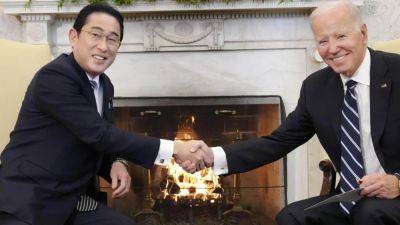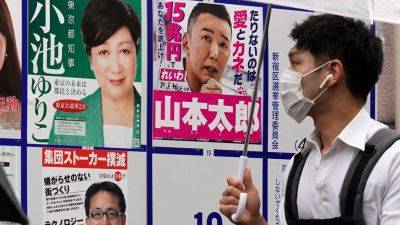Kyoto’s new mayor vows to curb overtourism, but will his efforts hurt Japanese city’s ‘lifeblood’?
They said that while there needed to be a discussion about the problem of overtourism in Kyoto, which is considered one of Japan’s “must-see” travel destinations, some of Matsui’s promises – such as raising fares for buses and trains for visitors, and restricting non-residents’ cars from entering the city – could cause even greater problems.
The solution, they suggest, is a more radical rethink of the ancient capital’s approach to tourism that satisfies both residents and visitors.
Matsui, a former member of the opposition Democratic Party of Japan who served as deputy chief cabinet secretary between 2009 and 2010, ran as an independent with the support of four major political parties. He edged out his main rival, Kazuhito Fukuyama, who was backed by the Japanese Communist Party, by 16,000 votes.
Aware of residents’ antipathy towards foreign visitors, which has worsened since the final pandemic travel restrictions were lifted last year, Matsui vowed to implement a two-tier public transport system and subsidise the fares of local residents.
He admitted, however, that such a scheme would require a change in national laws and that he would need to draw up a plan to detail how it might work.
Matsui has also proposed a tourist-only bus network that would ferry travellers between the main sights and free up space on regular city bus services.
Local residents have complained about long queues at many of the city’s most famous sights, rubbish in the streets, traffic jams and noise from properties rented out privately.
More than 43.6 million tourists visited Kyoto in 2022, of whom around 576,000 were foreign nationals, more than double the figure of the previous year, when virtually everyone was a domestic visitor due to border







